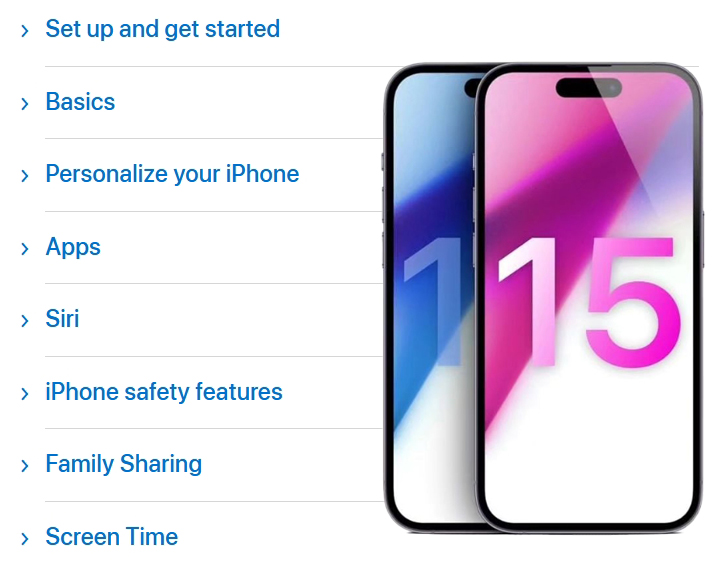The Samsung Galaxy S24 is a powerful and versatile smartphone that offers a wide range of features and functionalities. To make the most of your device, it’s essential to have a comprehensive quick-start guide that can help you navigate through its features and functions with ease. This article provides a friendly, professional, and human-written guide to help you master your Samsung Galaxy S24.
Why is the quick start guide important?
The quick start guide is crucial for several reasons:
Understanding the layout of the quick start guide: The guide is designed to be user-friendly, providing clear instructions, diagrams, and illustrations to help you navigate and utilize the features of your smartphone efficiently.
Frequently Asked Questions: The guide addresses common questions and concerns, ensuring you have a solid understanding of your device.
Mastering the device: By reading the guide, you can unlock the full potential of your Samsung Galaxy S24 and make the most of your smartphone experience.
Where to find the Samsung Galaxy S24 quick start guide
You can find the official Samsung Galaxy S24 manual on Samsung’s official website or through a simple online search.
The manual is available in PDF format, making it easily accessible for anyone with a smartphone, tablet, or computer. Additionally, you can access the user manual for your Samsung phone or tablet directly from your device.
How to access the Samsung Galaxy S24 user manual
To access the Samsung Galaxy S24 user manual, you have several options. :
- Official Samsung Website: You can download the complete Samsung Galaxy S24 user guide in PDF format from the official Samsung website. The manual is designed to be user-friendly, providing clear instructions, diagrams, and illustrations to help you navigate and utilize the features of your smartphone efficiently.
- Third-Party Websites: There are third-party websites that also offer the Samsung Galaxy S24 user manual for download in PDF format. These websites provide an additional source for accessing the manual and may offer tips, tricks, and news updates related to the device.
- E-Book Retailers: E-book retailers such as Barnes & Noble and Amazon may offer the Samsung Galaxy S24 manual in digital format for purchase or download.
By accessing the user manual, you can master the advanced features of the Samsung Galaxy S24, troubleshoot common problems, and maximize your experience with the device.
Whether you’re a beginner or a seasoned smartphone user, the user manual is an essential resource for understanding the device’s features and functions and making the most of your smartphone experience.
Understanding the layout of the quick start guide
The quick-start guide is organized into different sections, each focusing on a specific area of the phone’s functionality. Some of the topics covered in the manual include:
Getting Started: This section provides an overview of the Galaxy S24 phone and instructions on how to set it up for first-time use.
Learn how to use your phone more efficiently: By reading the user guide, you can learn how to use your phone more efficiently, which can help you save time and increase productivity.
Frequently asked questions
The guide addresses common questions and concerns, ensuring you have a solid understanding of your device. Some examples of frequently asked questions include:
- How do you set up your Galaxy S24 for the first time?
- How do I use the Galaxy S24’s revolutionary camera system?
- How do I use the Galaxy S24’s powerful productivity features?
Conclusion
In conclusion, the Samsung Galaxy S24 quick-start guide is an essential resource for both beginners and seasoned users. By reading the guide, you can learn how to navigate your new smartphone with ease, unlock its full potential, and make the most of your smartphone experience.











